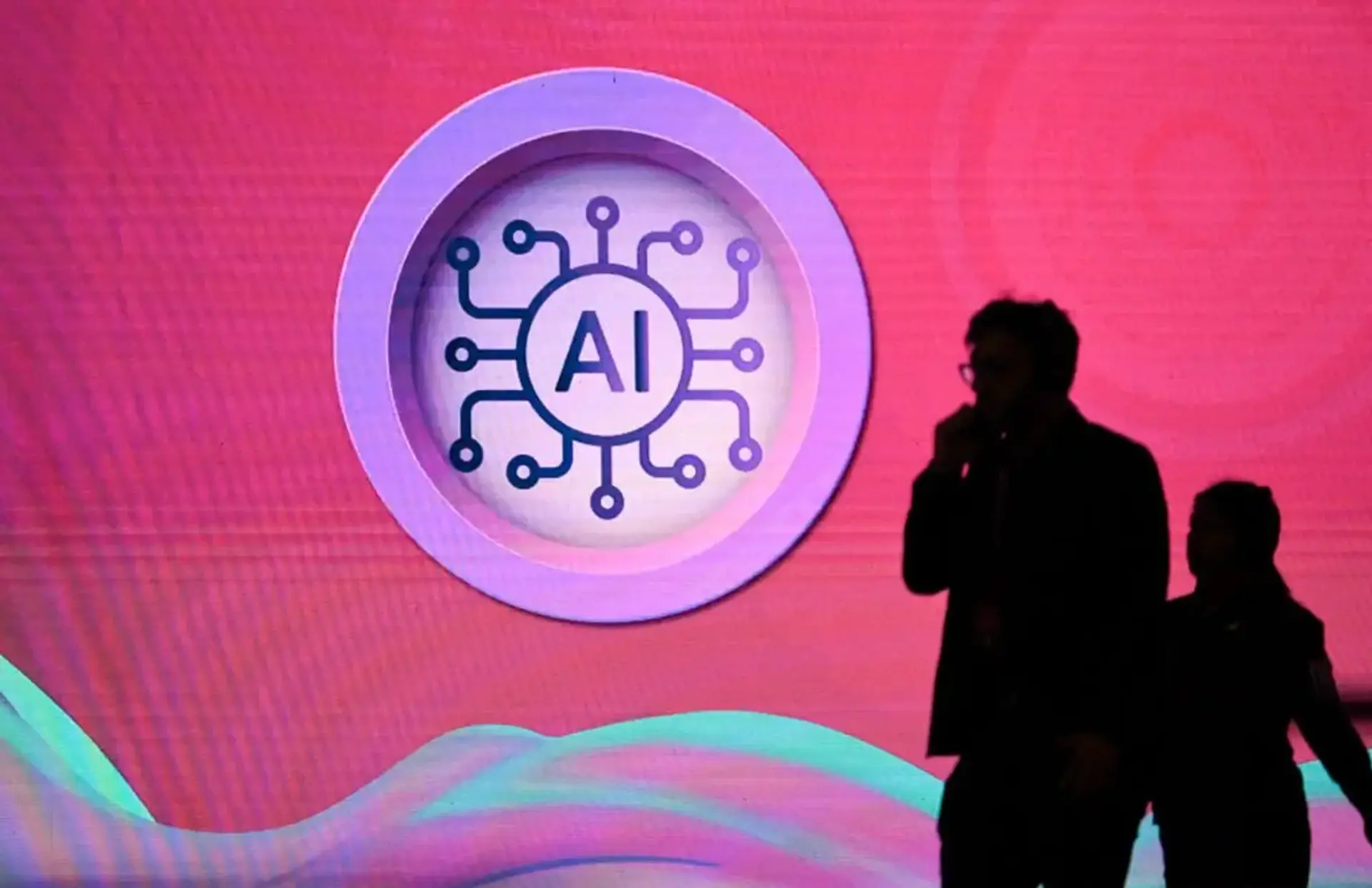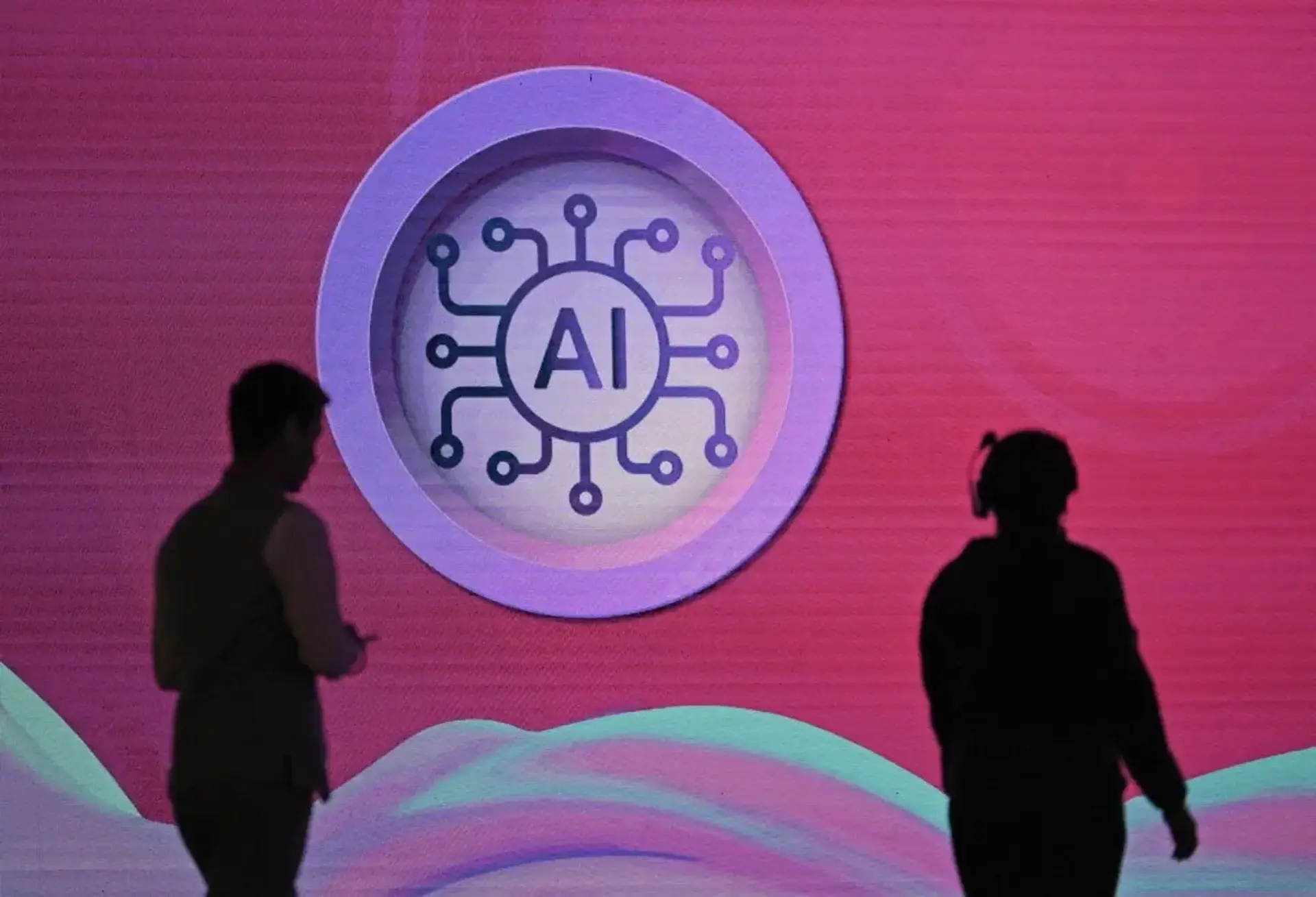The United Nations has reported that a majority of individuals in developing nations anticipate artificial intelligence (AI) to drive productivity gains within the coming year. This expectation comes at a crucial time, as these countries face what the UN describes as an "unprecedented slowdown" in human development, suggesting AI could be a key factor in reversing this trend.
This optimistic outlook suggests a belief that AI technologies can offer solutions to overcome existing developmental obstacles. The report implies that AI's potential impact extends beyond mere automation, with many viewing it as a tool for broader economic and social progress. The rapid adoption and integration of AI technologies could lead to significant transformations in various sectors, boosting efficiency and innovation across developing economies.
While the UN's findings highlight the positive expectations surrounding AI, they also raise important questions about equitable access, skills development, and ethical considerations. Ensuring that the benefits of AI are widely distributed and that potential risks are mitigated will be crucial for realising its full potential in the developing world. Further research and policy initiatives will be needed to guide the responsible and sustainable deployment of AI in these regions.
Related Articles

Tull and Walter Launch AI Venture
Read more about Tull and Walter Launch AI Venture →
ServiceNow's AI Revenue Ambition
Read more about ServiceNow's AI Revenue Ambition →
Palantir Sees AI Surge
Read more about Palantir Sees AI Surge →
UAE integrates AI education
Read more about UAE integrates AI education →
